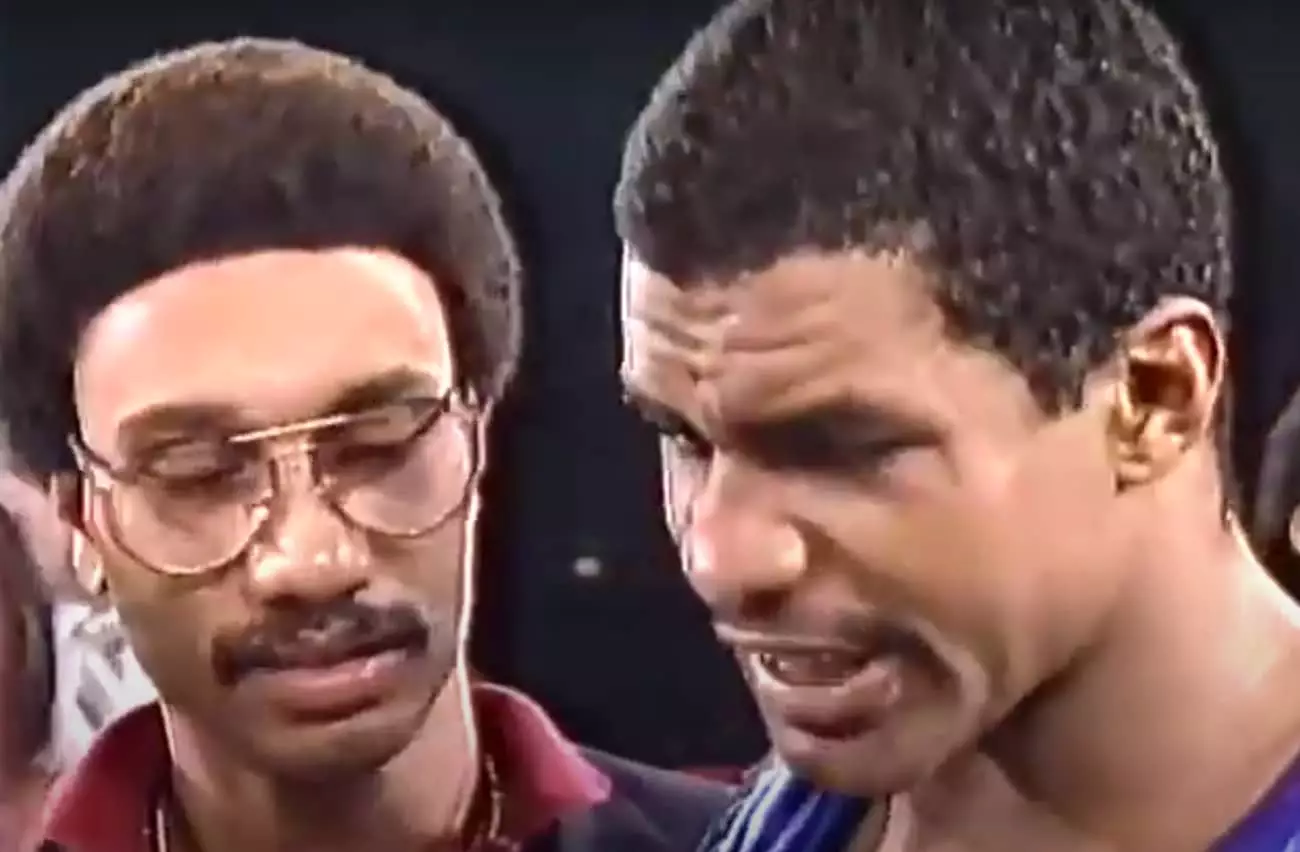Carlos De Leon, a name that echoes through the annals of boxing history, exemplifies the duality of talent and inconsistency. Born in Puerto Rico, “Sugar” De Leon possessed a remarkable boxing acumen that captivated audiences and confounded analysts. He could transform from a fighter delivering masterful performances one night to someone who looked disinterested in his craft the next. This fluctuation manifested itself in a style that was both dazzling and disappointing, leaving fans to wonder which De Leon would show up on any given night. At his pinnacle, De Leon’s sweetness in the ring was palpable, providing viewers with a display of skill and power that made him a formidable opponent.
Over his extensive 16-year career, De Leon not only made history but also marked himself as a unique figure in the cruiserweight division. His journeys through the ring were peppered with astonishing highs and frustrating lows, leading to an enduring debate about the essence of his greatness. Was his extensive record a testament to a great fighter’s prowess, or did it highlight the frequent inconsistency that plagued his performances?
De Leon began his professional career at the tender age of 15, a risky proposition in a sport rife with dangers, both physical and mental. However, his early success was undeniable, as he achieved an impressive eight consecutive victories before facing defeat for the first time against Roberto Colon. His subsequent bouts were a mix of triumph and setbacks, including a critical loss to Ray Hammond in 1977; yet, by the time he was ready to challenge for a title, De Leon had amassed a commendable 29-2 record.
His rise to the upper echelons of boxing culminated on November 25, 1980, when he faced Marvin Camel for the WBC cruiserweight title in New Orleans. The event, part of a broader card featuring the legendary bout between Sugar Ray Leonard and Roberto Duran, saw De Leon emerge victorious by a narrow majority decision. Although this first title fight was not one for the history books, it marked a significant milestone in De Leon’s career and set the stage for the subsequent chapters.
Historic Achievements and Key Rivalries
Carlos De Leon’s legacy includes being the first boxer to reclaim the cruiserweight title not once, but twice, and later becoming the first to win it four times. This remarkable feat demonstrated his ability to adapt and overcome failures in the ring. Notably, he demonstrated resilience against S.T. Gordon, whom he avenged in a decisive 12-round bout, showcasing his determination to rise back to the top after being defeated.
Yet, despite periods of brilliance, inconsistency would invariably creep into his performances. A notable example was in the summer of 1985 when De Leon came up short against Alonzo Ratliff. Despite this setback, he exhibited the heart of a champion by continuing his journey, ultimately capturing a third title against Bernard Benton just a year later. His year 1988 matchup with Evander Holyfield demonstrated both his skills and limitations. Although initially thorny for Holyfield, De Leon succumbed to a stoppage in the eighth round. This fight was not just a testament to his boxing intelligence but also a reflection of his occasional failure to sustain the intensity required against elite competition.
As De Leon continued his career, the controversies began to mount. In a follow-up bout in the UK, he fought to a lackluster draw against Johnny Nelson in a fight deemed painfully dull. The aforementioned bout was characterized by minimal action and left fans dissatisfied, a sentiment that unfortunately began to define some later aspects of De Leon’s career. His subsequent disqualification in Italy for a post-bell punch against Massimiliano Duran concluded his reign as champion in a controversial manner, leaving fans and analysts more puzzled than ever.
Turning his attention to heavyweight bouts after relinquishing his titles, De Leon faced a mixed bag of outcomes. With a record of 8-2 in his final ten fights, he encountered defeat from notable fighters like Corrie Sanders and Brian Nielson, trailing into retirement with a commendable yet perplexing career record of 53-8-1.
Following his official retirement, De Leon shifted gears to train his son, Carlos Jr., passing on the wisdom of his experiences. However, the tragic loss of De Leon at just 60, following a heart attack, left a void not only in the world of boxing but also in the hearts of those who celebrated his life’s complexities.
The question looms: How great was Carlos De Leon? His legacy, marked by flashes of brilliance interspersed with spells of mediocrity, forces us to evaluate greatness through a more subjective lens. Despite the inconsistency, his ability to perform when motivated and his historic accomplishments in the ring make him an enduring figure in boxing lore. Whether seen as an inconsistency or brilliance, De Leon’s journey remains a captivating saga in the storied history of the sport, occupying a significant place in discussions around the greatest cruiserweights of all time.

